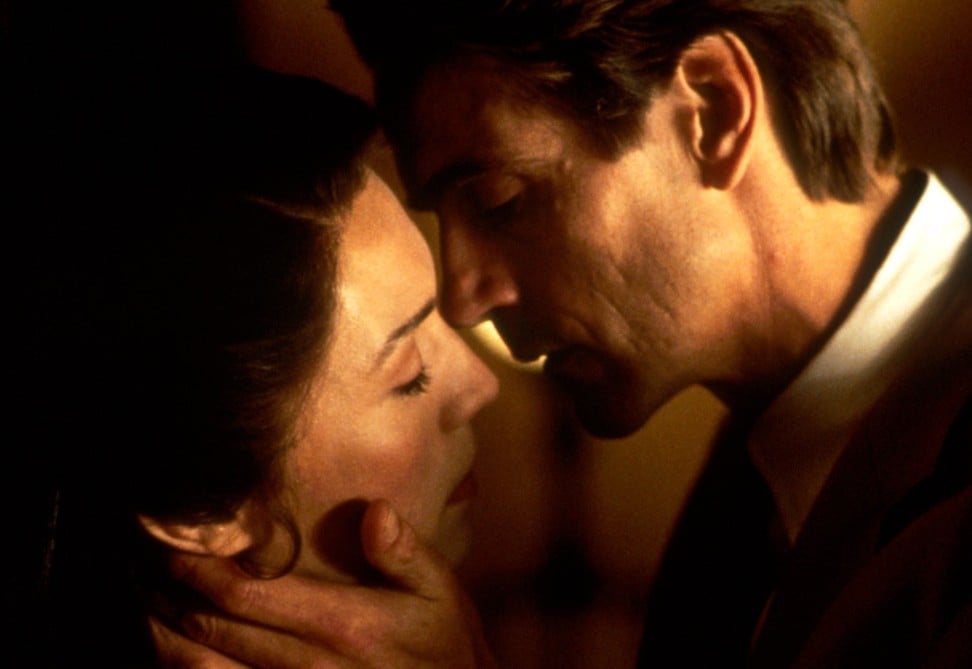
Who was Shi Peipu, a Chinese spy and opera star who cross-dressed as a woman and had a long-term sexual relationship with a French diplomat?
The Chinese opera singer and spy Shi Peipu died 10 years ago, but his explosive affair with French diplomat Bernard Boursicot fascinates to this day
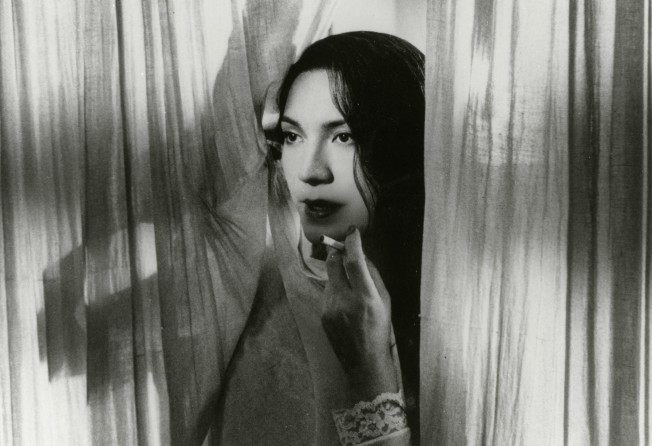
Shi Peipu, a Chinese opera singer who was born in Shandong province, died in a French nursing home in Paris, aged 70, on June 30, 2009. An aide revealed his death to Agence France-Presse.

However, when Bernard Boursicot, Shi’s former lover, was asked about Shi’s death in a telephone interview, he showed no sympathy.
“He did so many things against me that he had no pity for, I think it is stupid to play another game now and say I am sad. The plate is clean now. I am free,” Boursicot told Joyce Wadler, a New York Times journalist and author of Liaison: The True Story of the M. Butterfly Affair, published in 1994.
Boursicot granted Wadler lengthy interviews about deeply personal matters as well as access to close family members and all his records.
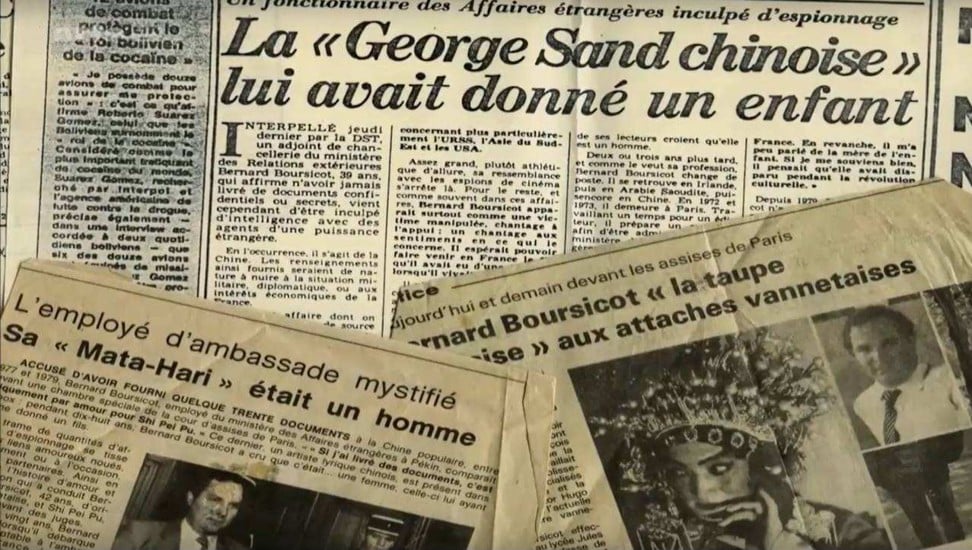
What happened to the couple? And why is their story regarded as one of the strangest international espionage tales of recent times?
The first encounter
The story began in 1964, when Shi and Boursicot met at a diplomatic cocktail party in Beijing.
The then 26-year-old Shi had already found some success as an actor and Beijing opera singer. One of his famous roles was playing a dan (a female role) in the opera, The Story of the Butterfly.
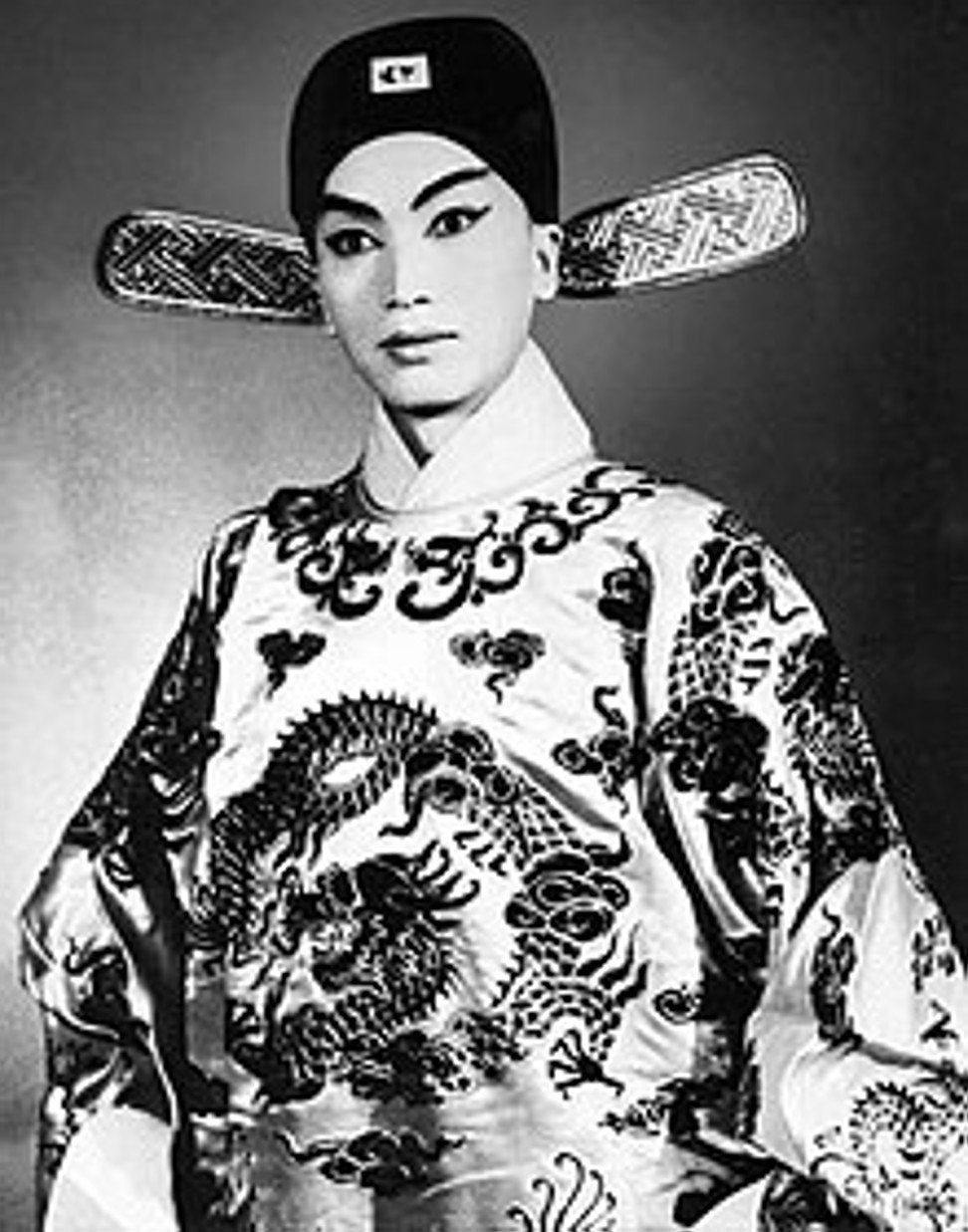
Shi, who could speak fluent French, was also a Chinese teacher in the diplomatic community.
At the party where Shi met Boursicot, Shi was dressed as a man but his bright eyes and exquisite facial features were as delicate and enchanting as a woman’s. Shi once boasted that he “used to fascinate both men and women” and Boursicot – who was then just 20 and an accountant at the new French embassy in Beijing – was captivated by Shi’s beauty.
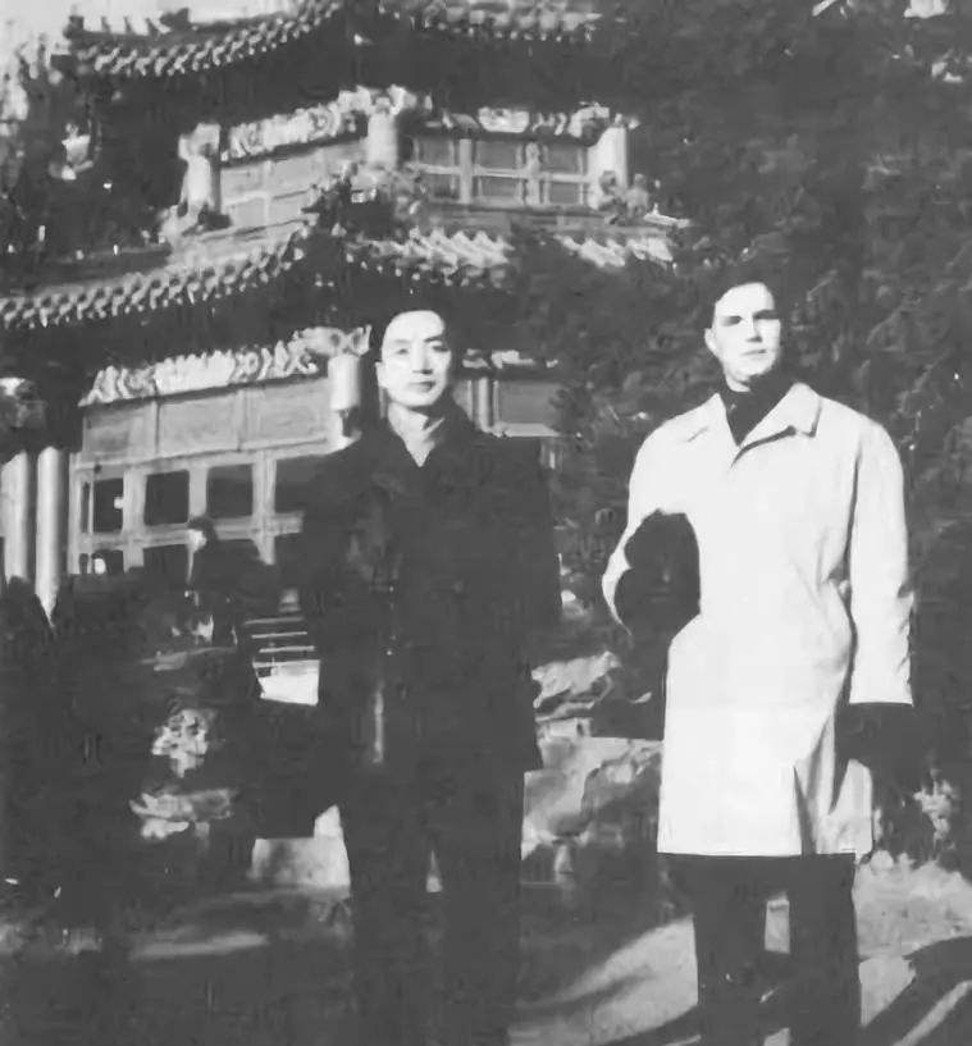
Being the spy
The two kept in touch after the party, and met several times. Shi claimed that he had been born a girl, and that it was his mother who had passed him off as a boy because his father was eager to have a son after two daughters. Shi said he had lived a masculine life since then. Boursicot believed Shi’s story that he was female.
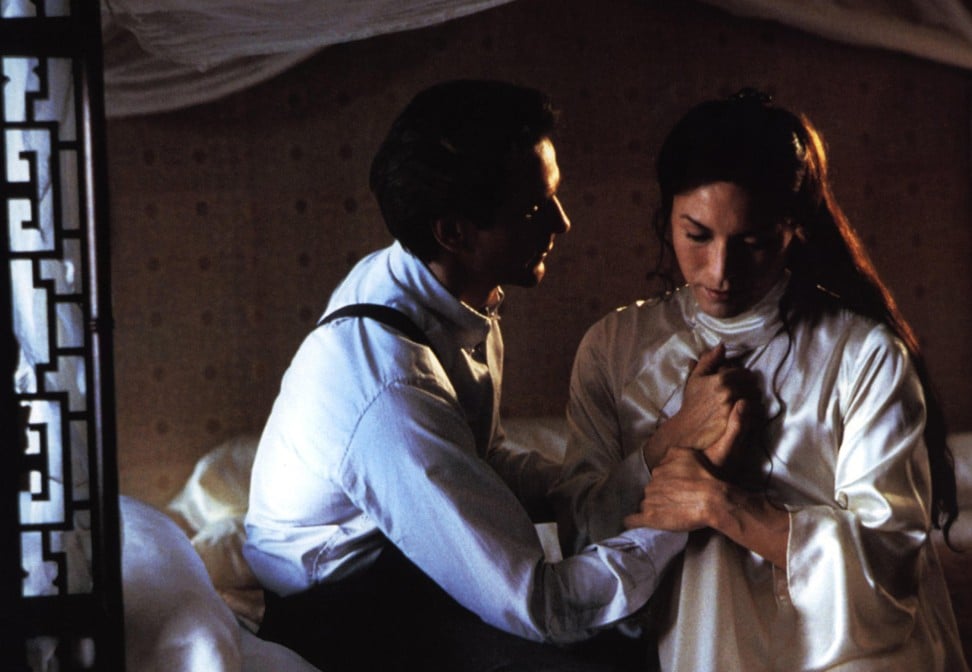
The pair eventually fell in love and developed a sexual relationship, which Boursicot later said was fast and furtive, and always carried out clandestinely. He was told that this behaviour was Chinese traditional etiquette when having sex.
When the Chinese government discovered the affair, Boursicot was pressured into providing documents, first from the embassy in Beijing from 1969-72, and later from his posting to the consulate in Ulan Bator, Mongolia from 1977-79.
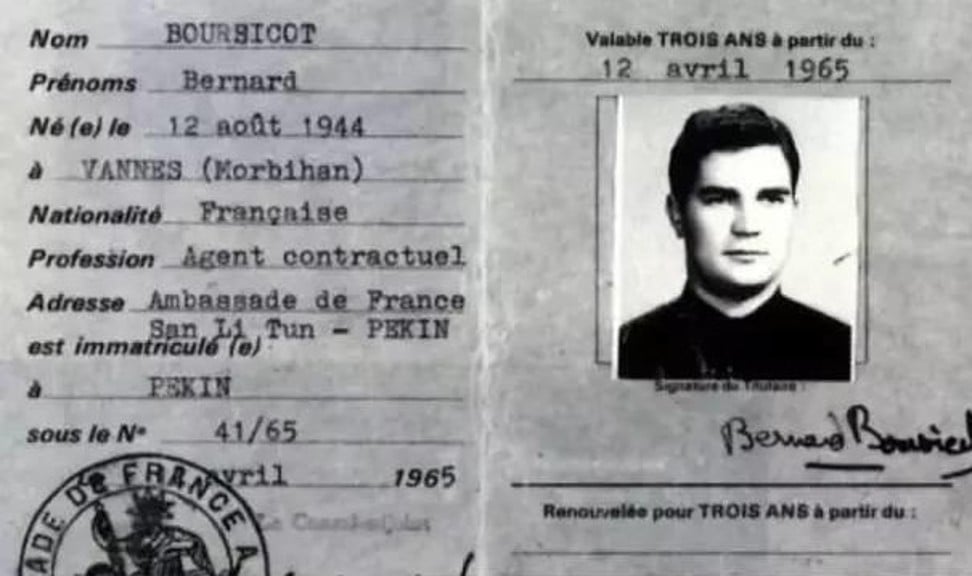
China was in the throes of the Cultural Revolution from 1966-76, which made it difficult for Boursicot to meet Shi. Boursicot moved to a posting in Southeast Asia, which reduced the frequency of their sexual contact.
On one visit, Shi presented Boursicot with their four-year-old “son”, Shi Dudu; Shi claimed he was born in 1966. Boursicot accepted the boy as his.
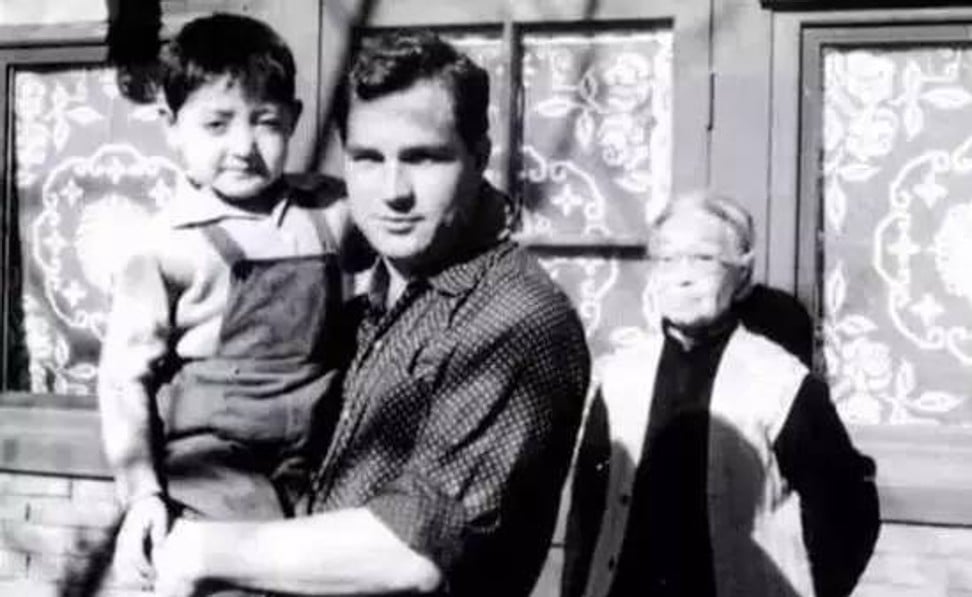
The truth
Boursicot returned to France in 1979. Three years later, with a three-month cultural visa, Shi and Dudu arrived in Paris and reunited with Boursicot. During his stay in the French capital, Shi performed Beijing opera and two TV shows and was granted a one-year visa extension.
Yet, in the summer of 1983, the Direction de la Surveillance du territoire realised that the two were living together and questioned them about secret documents provided to Chinese authorities.
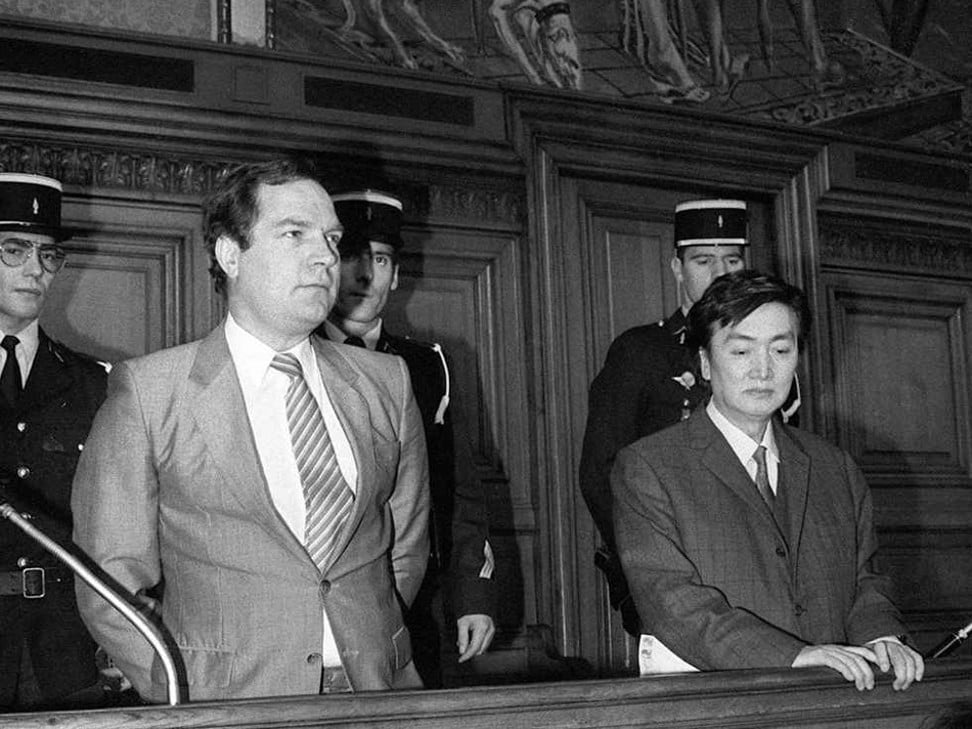
After the interrogation, Boursicot and Shi Pei Pu were arrested for spying for China.
Shi claimed that he knew nothing about secret documents and insisted that he was female.
The French judge, who was unconvinced, finally sent Shi to Fresnes, a men’s prison in the southern suburbs of Paris, after a thorough medical examination to prove that Shi was a man.
While in police custody, Shi explained to doctors that he had a buried penis and had hidden his genitals to convince Boursicot that he was a woman.
“I never told Bernard I was a woman, I only let it be understood that I could be a woman,” he said.
It turned out their “son”, Shi Dudu, was adopted from China’s Xinjiang province.
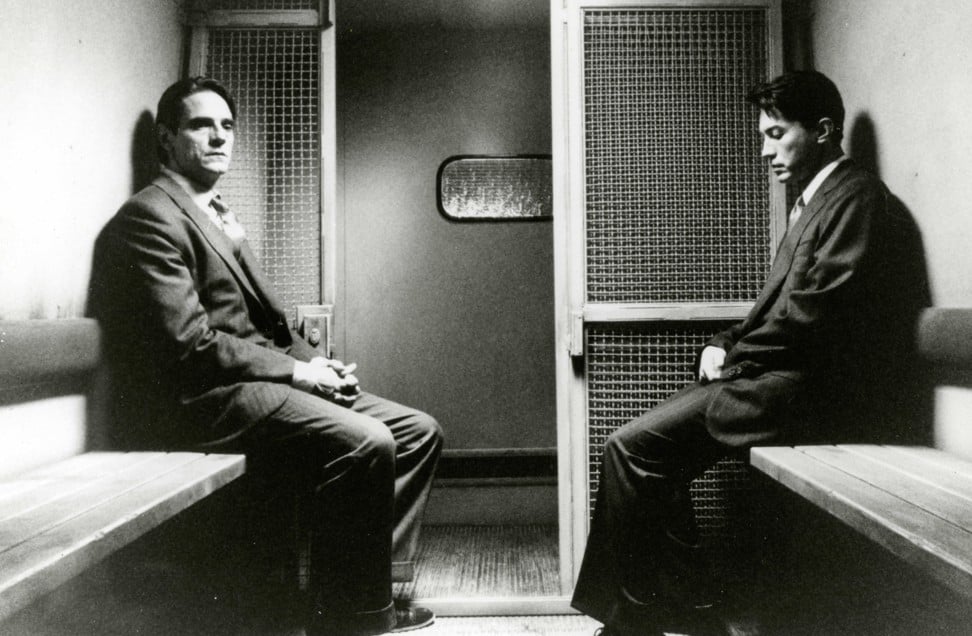
Boursicot could not accept that the “woman”, with whom he had a sexual relationship for 20 years, was actually a man. He attempted to cut his throat with a razor blade in the remand cell but survived.
When the affair was made public, Boursicot became a laughing stock in France.
In 1986, Shi and Boursicot were found guilty; each received a six-year sentence for espionage. They were, however, pardoned in 1987.
The drama M. Butterfly
After his release, Shi continued to live in Paris with their adopted son, and performed as an opera singer. Shi and Boursicot became estranged and they only spoke occasionally over the years.
In the months before he died in 2009, Shi told Boursicot that he still loved him.
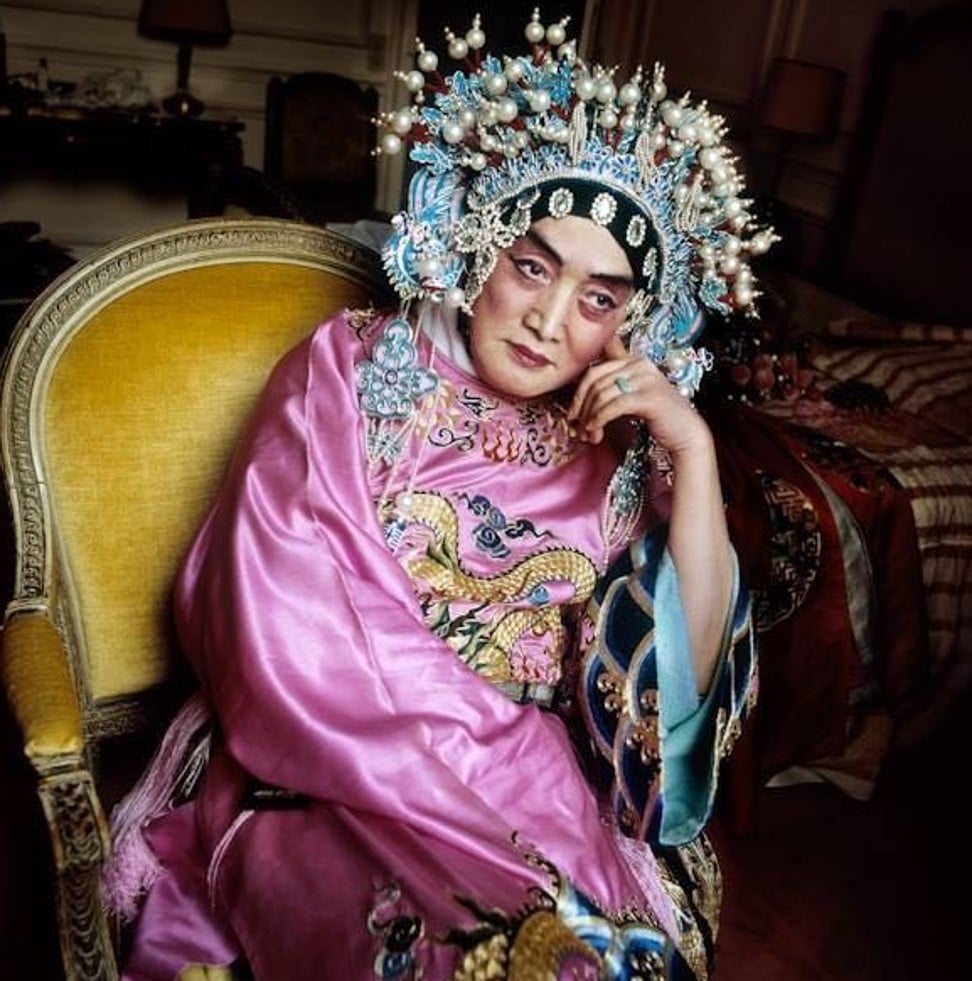
Their story inspired Davis Henry Hwang to write the Broadway play, M. Butterfly, in 1988, which won a Tony Award for Best Play that year.
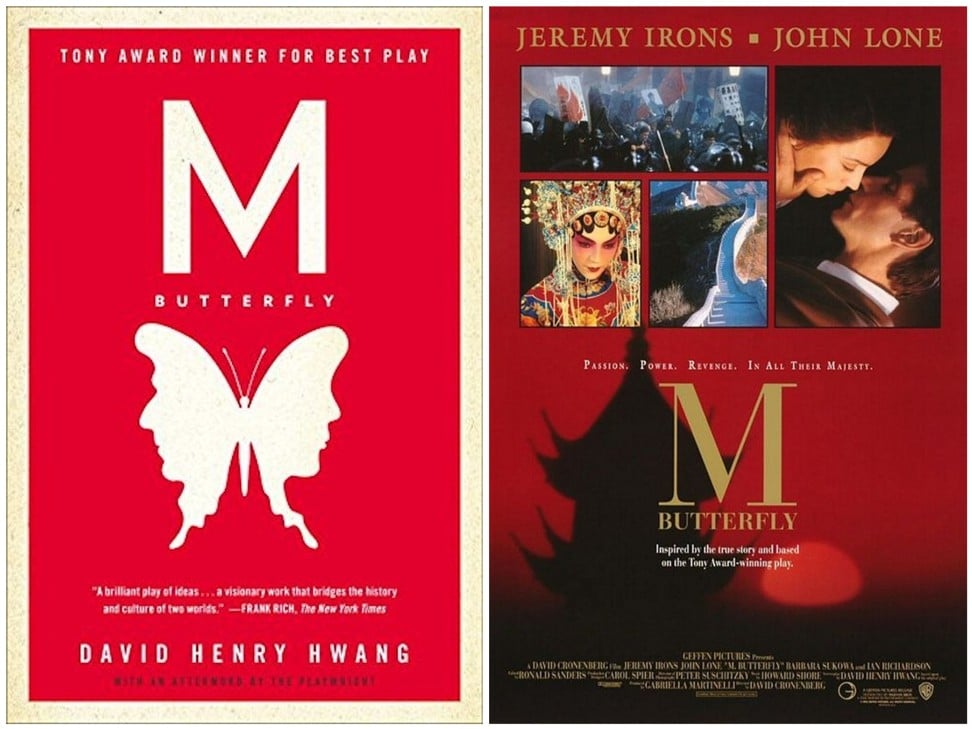
In 1993, director David Cronenberg adapted the story into a movie with the same name, starring Jeremy Irons as Rene Gallimard (the French Embassy worker in China) and John Lone as Song Liling (the beautiful Chinese opera singer and spy).